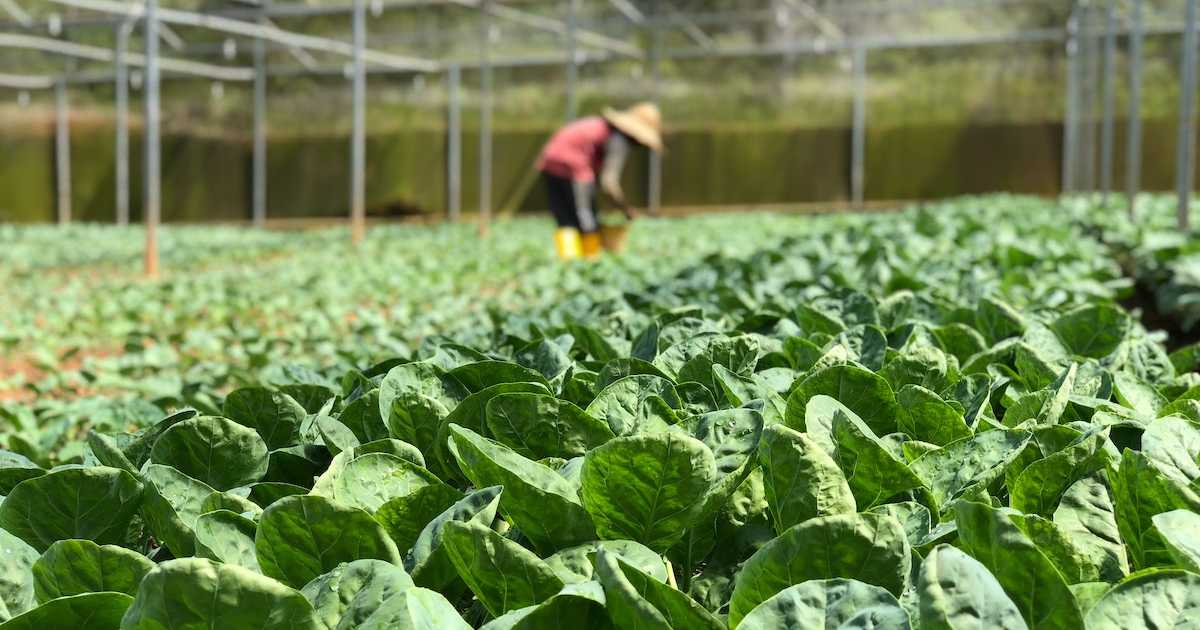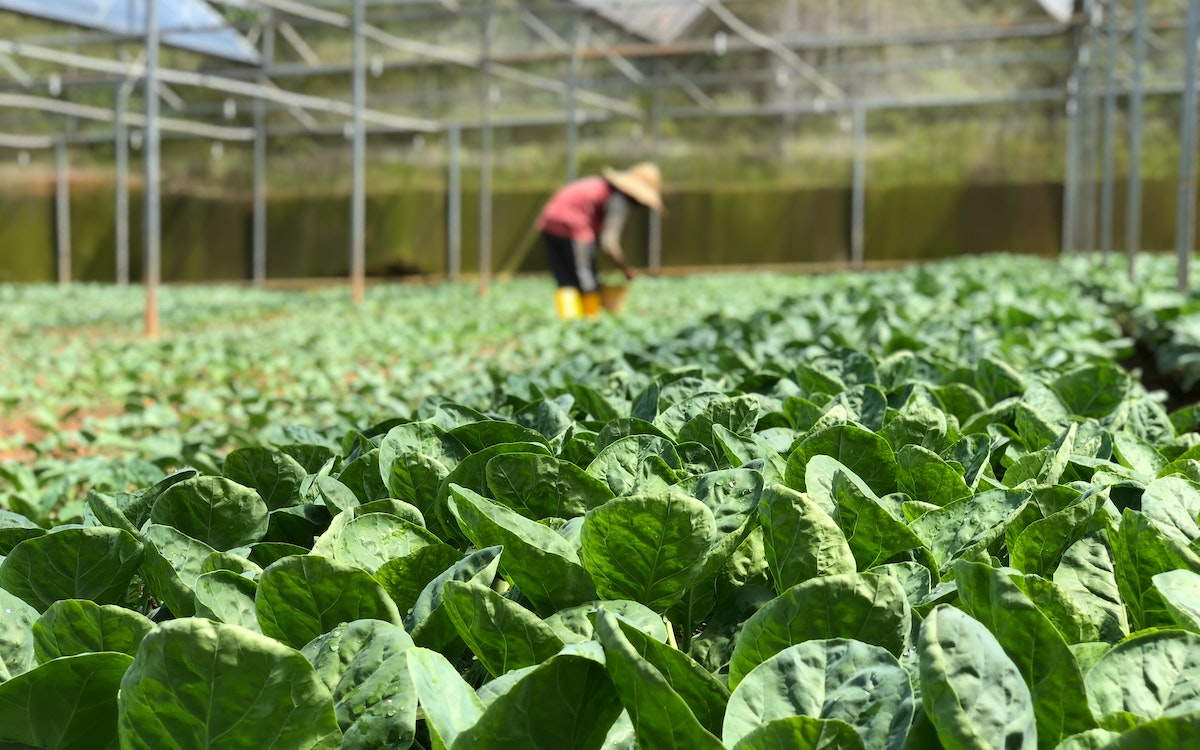
South Africa has a large agriculture industry which offers many agribusiness opportunities for entrepreneurs with an interest in and drive for farming. Crop farming is one of the largest agricultural industries in South Africa. It involves a plant product, such as grain, fruits and vegetables, that can be grown and harvested to be sold for profit. In addition to providing food and raw materials, crop farming in South Africa also provides employment opportunities to a very large percentage of the population.
Starting an agribusiness requires some skill, knowledge and resources. In this guide, we’ll explore some of the most important things to know to help you start a new crop farming venture.
Crop Farming in South Africa
Crops provide food, feed grain, oil, and fibre for local consumption, as well as for export.
Here is a breakdown detailing the various categories of crops.
- Food crops – include wheat, barley, millet, oats, rye, sorghum, nuts, fruit and vegetables.
- Fibre cops – plants are grown to produce fibre for textiles, such as cotton, hemp, jute and flax.
- Oil crops – soybeans, sunflower seeds, rapeseed, canola, and peanuts are all sources of oils.
- Ornamental crops – plants grown for decorative purposes in gardens and parks such as roses, orchids, ivy, oleander, tulips, and azaleas.
- Industrial crops – crops industrially processed prior to final use, such as cotton, sugarcane, coffee, tea, tobacco, coconut, and soybeans.
In South Africa, maize is the most important food crop, followed by wheat and barley. As a staple food in the country, maize is consumed in its direct form and is used for products such as sweeteners, bread, and cornmeal.
In terms of fruits and vegetables, the major fruits consumed in the country are apples, pears, litchis, mangoes, plums, peaches, apricots, grapefruit, pineapples, avocados, and lemons. The most demanded vegetables in the country are lettuce, chicory, pumpkins, tomatoes, and carrots.
Read: How to Start an Agribusiness in South Africa
Potential Opportunities and Challenges in Crop Farming in South Africa
One of the biggest challenges for small-scale crop farmers is identifying profitable crops for production. New farmers need to identify market demand for different crops in the country and assess local and international market trends. In South Africa, the most profitable crops are sunflower, soybean, grain sorghum, and groundnuts because of lower production costs.
To help you make the right decision, below are the major factors to consider in crop selection, according to the Department of Agriculture, Environmental Affairs, Rural Development and Land Reform.
- Prevailing farm conditions – including climate, soil and access to a reliable supply of water.
- Crop or varietal adaptability – crops should be selected based on their adaptability to the prevailing conditions on the farm.
- Marketability and profitability – to ensure financial sustainability, crop selection must consider marketability and profitability.
- Resistance to pests and diseases – select a crop and variety with wide resistance to important pests and diseases.
- Available technology – whether the technology for the growing of the crop has been well established or easy to learn and apply.






